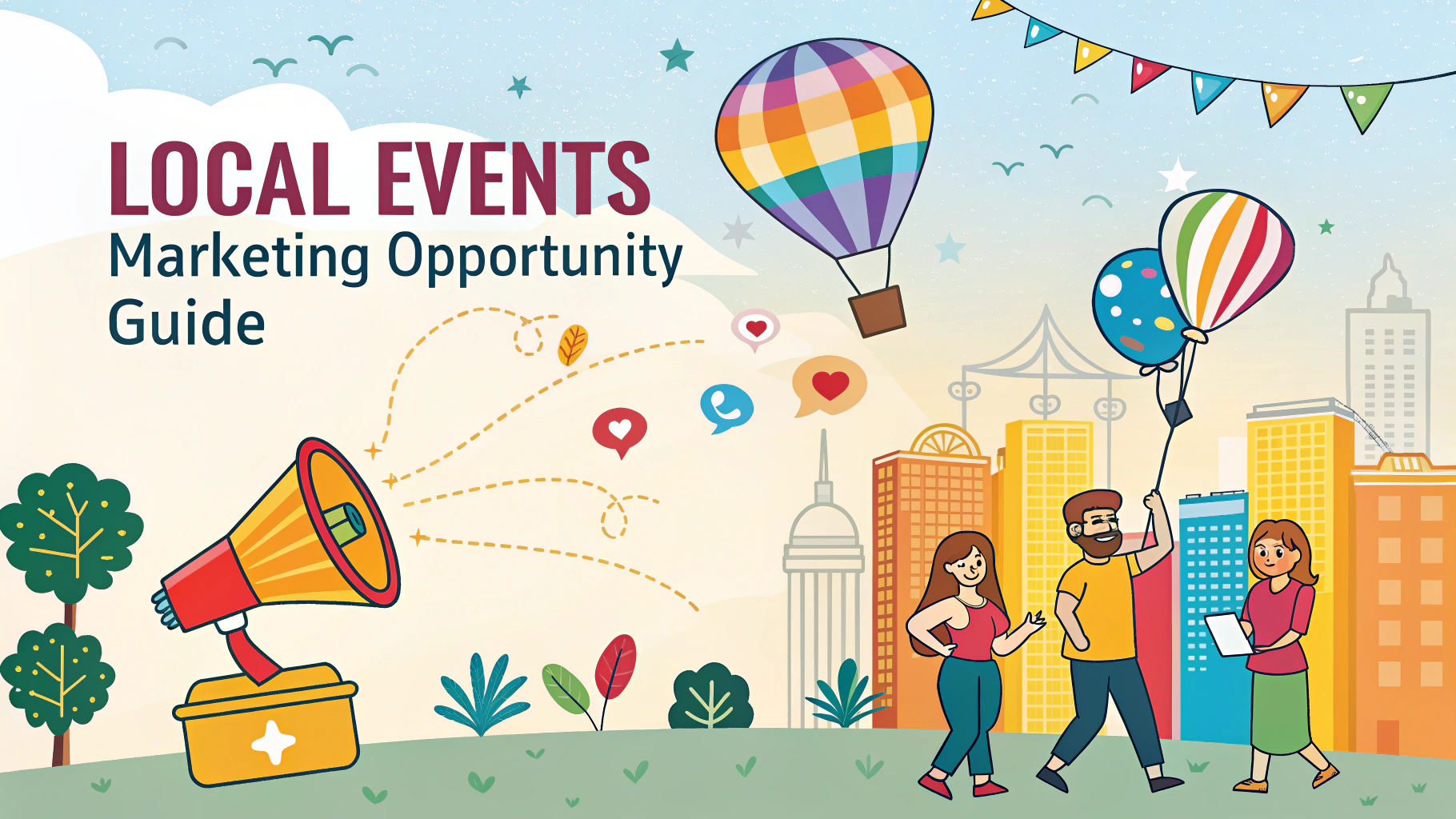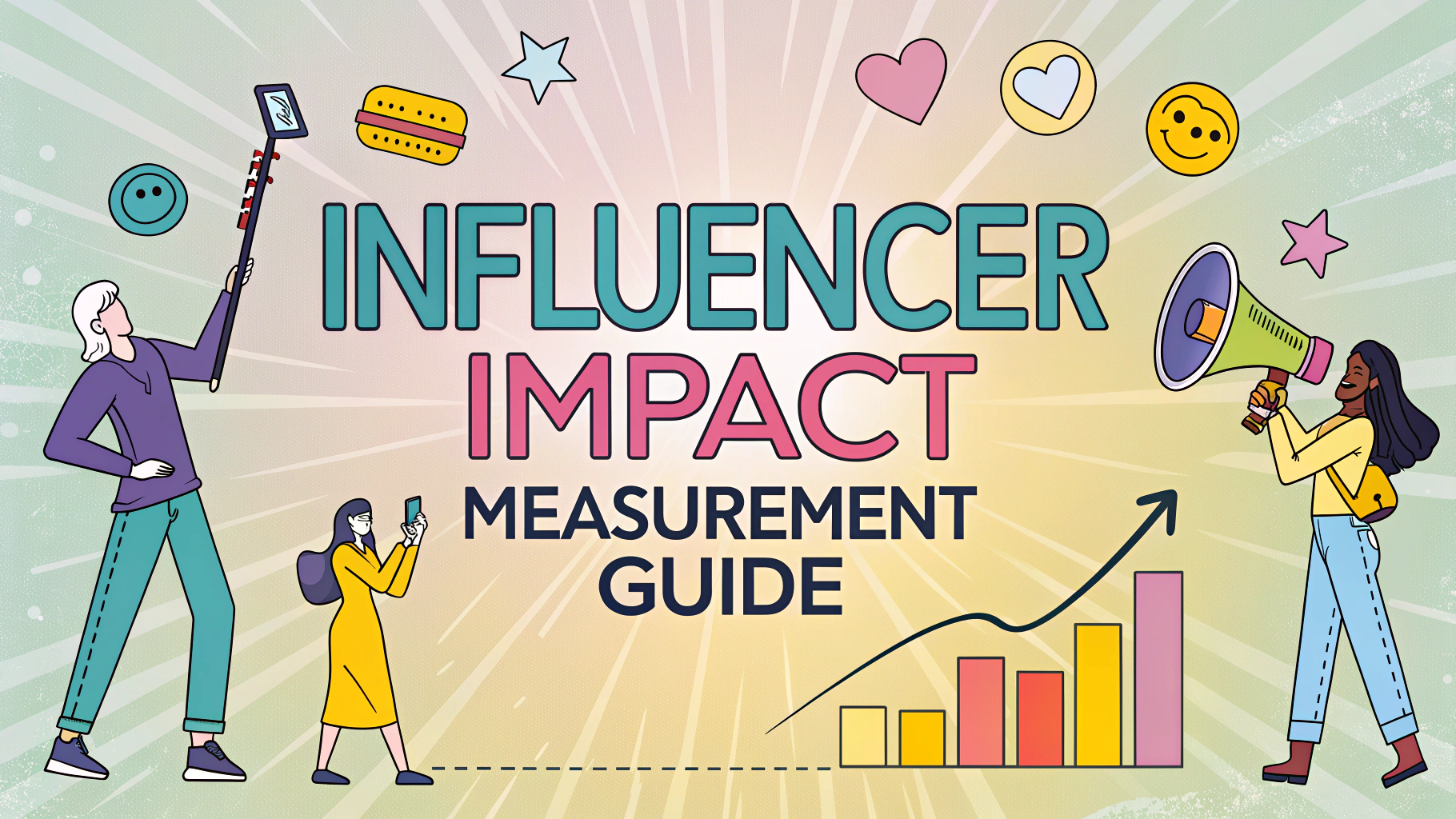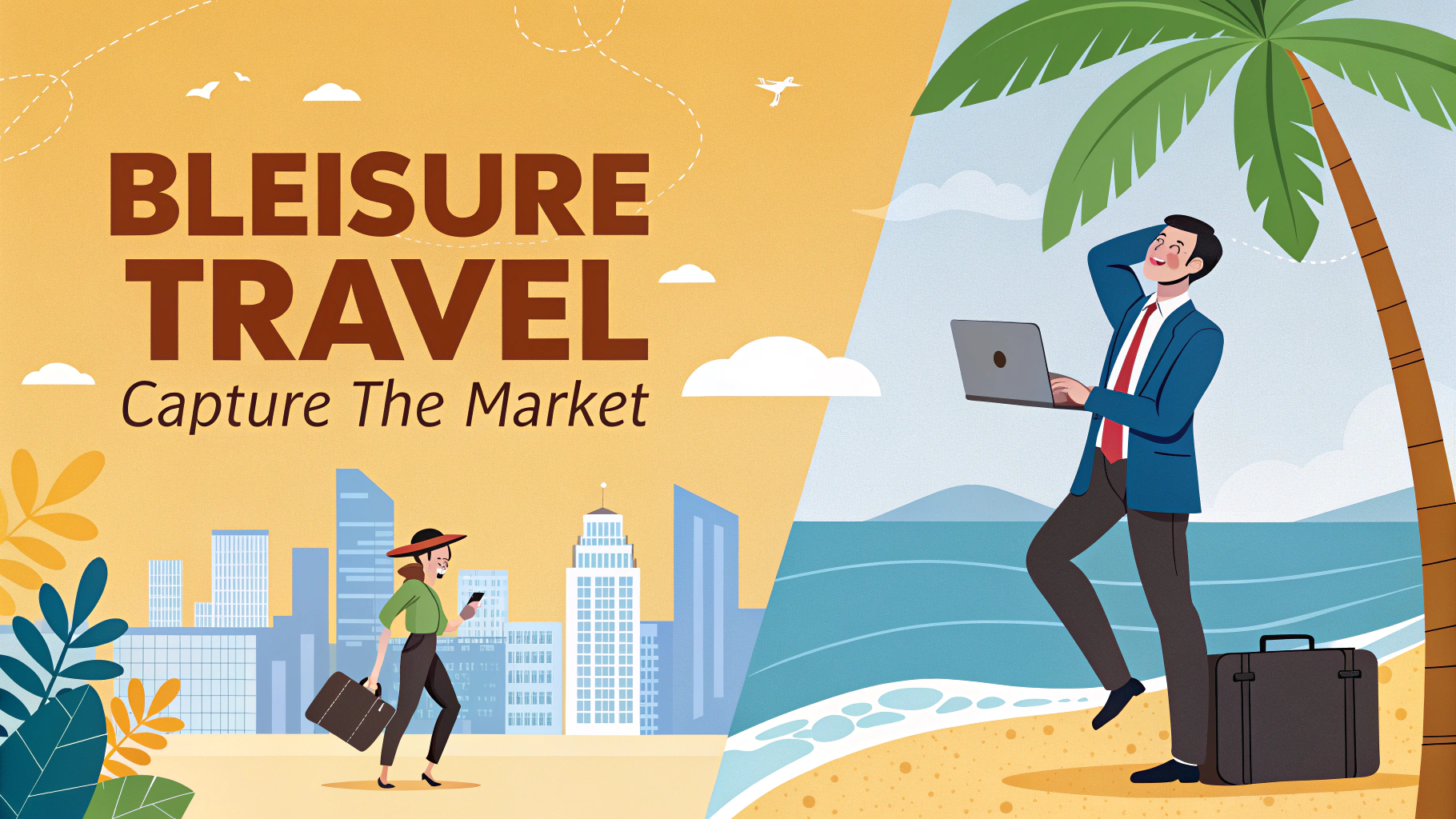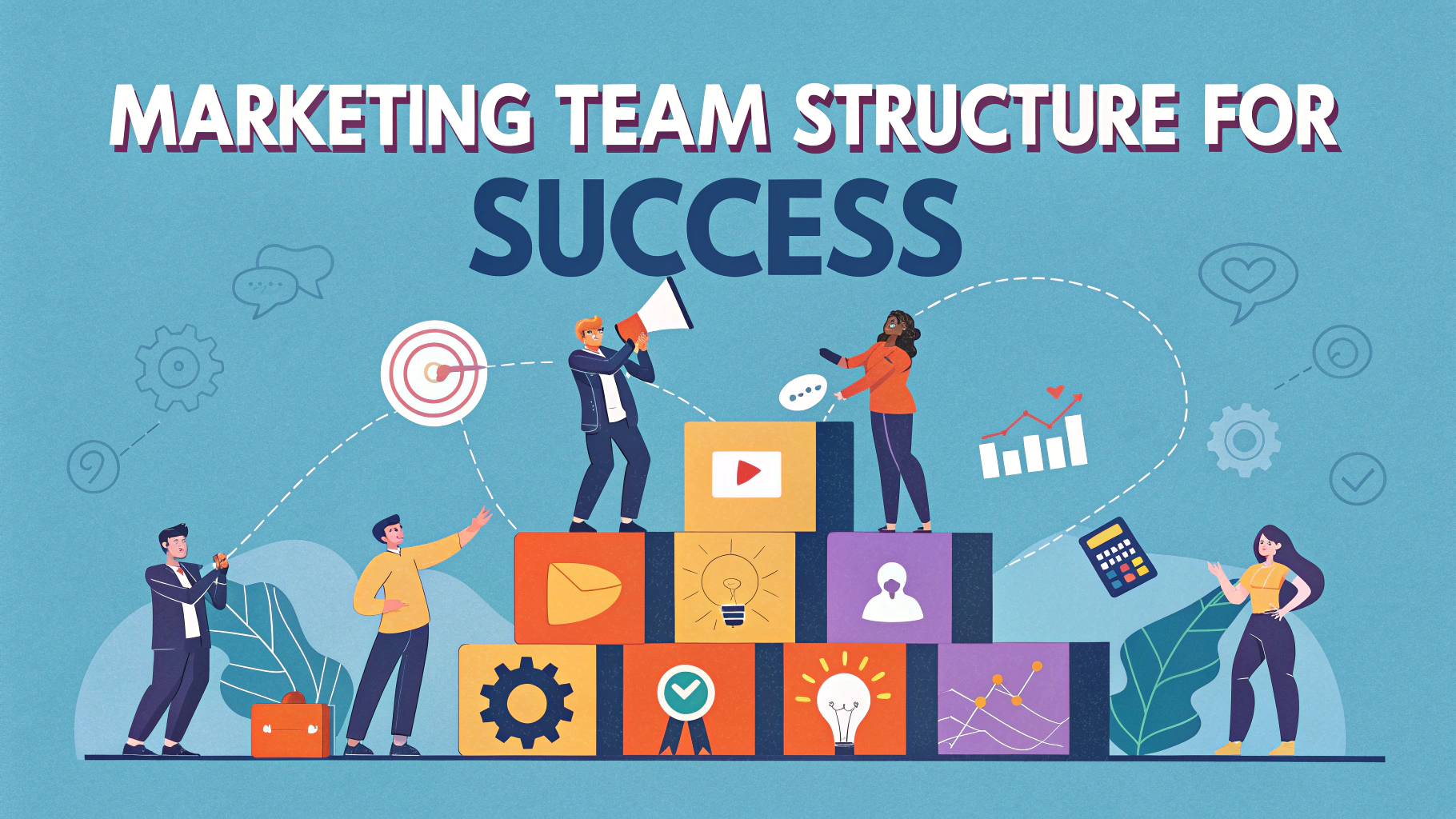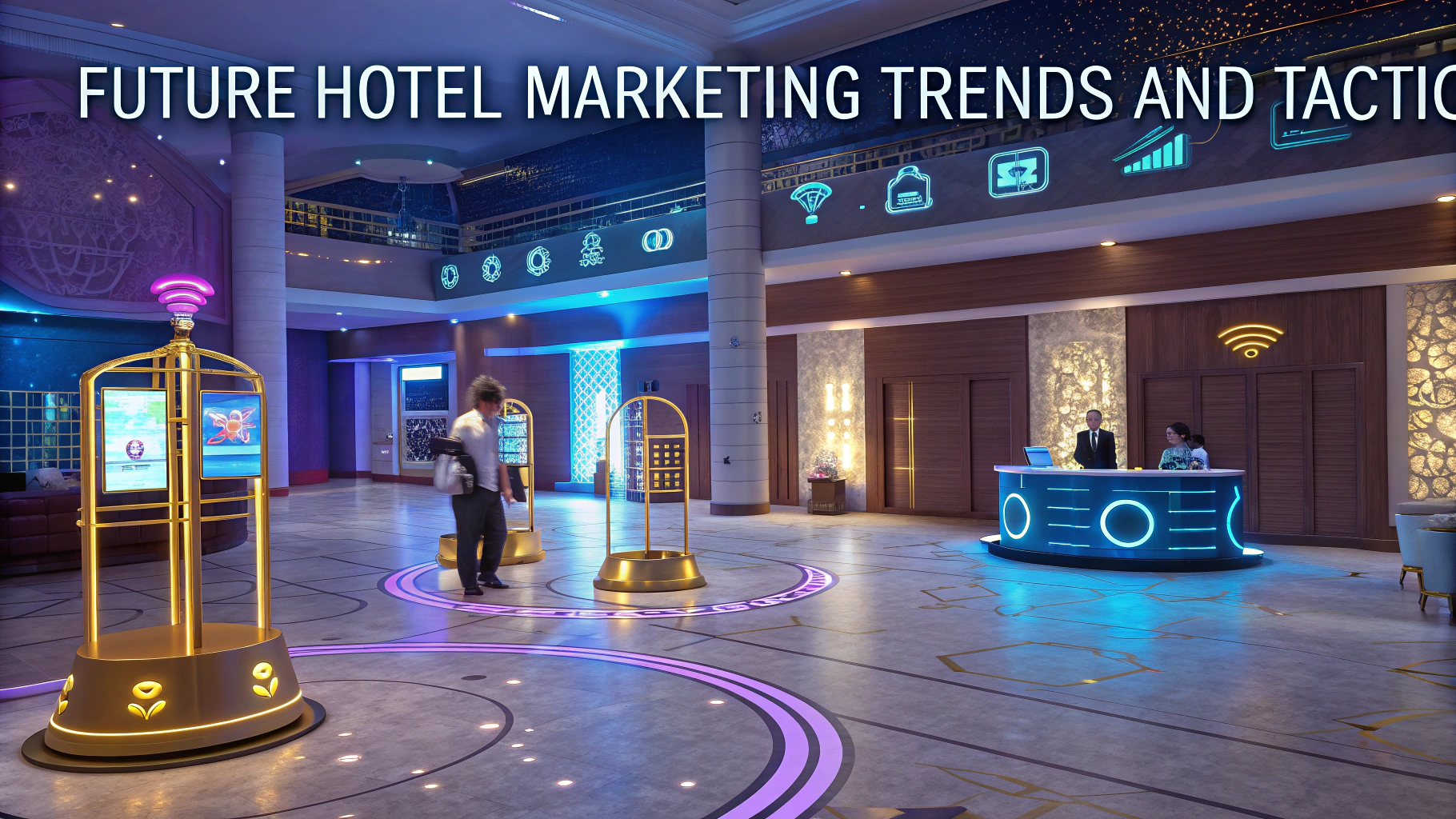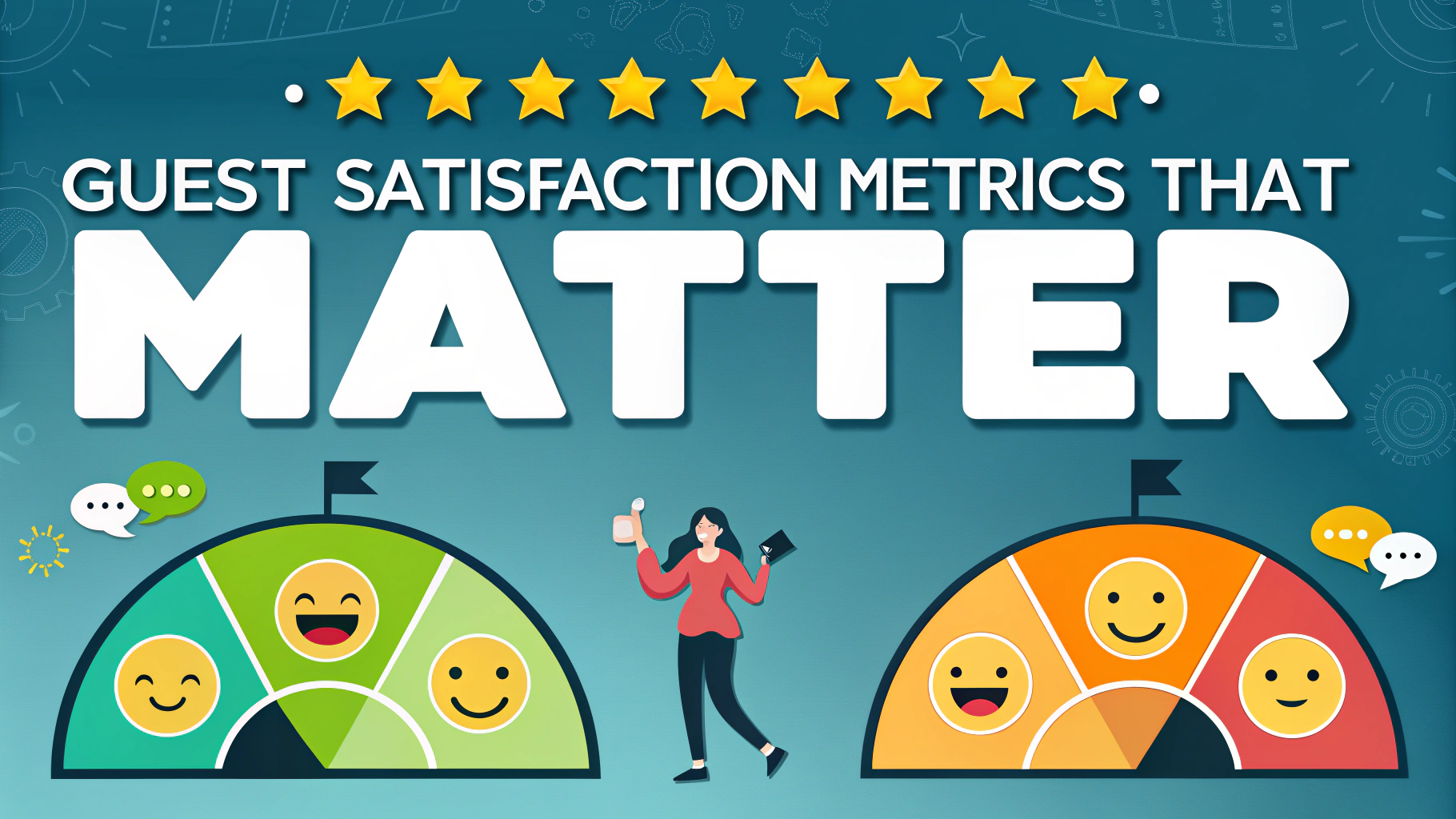Luxury travel marketing requires a deep understanding of high-net-worth individuals’ psychological drivers, aspirations, and exclusive experiences they seek.
Premium hospitality brands must craft narratives that resonate with sophisticated travelers while maintaining an air of exclusivity and personalized service.
This guide explores proven strategies for marketing luxury travel experiences, from psychological insights to tactical execution.
Understanding the Luxury Travel Mindset
Luxury travelers prioritize unique, transformative experiences over material possessions.
- Seeking authenticity and cultural immersion
- Valuing privacy and personalization
- Expecting seamless service delivery
- Appreciating attention to detail
Key Marketing Strategies for Luxury Properties
Visual storytelling through high-quality photography and video content captures the essence of luxury experiences.
- Partner with luxury travel influencers and publications
- Create exclusive member clubs and loyalty programs
- Develop personalized marketing communications
- Leverage high-end travel consortia relationships
Digital Platforms for Luxury Marketing
Select premium digital channels that align with luxury positioning:
- Instagram – curated visual storytelling
- LinkedIn – business travel and executive outreach
- Virtuoso.com – luxury travel network platform
- Pinterest – inspiration and planning platform
Creating Exclusive Content
Content should reflect the sophistication and uniqueness of the luxury experience:
- Behind-the-scenes property access
- Executive chef interviews and culinary stories
- Local cultural experiences and partnerships
- Sustainability and responsible luxury initiatives
Pricing and Value Communication
Focus on communicating value rather than promoting discounts:
- Highlight unique amenities and experiences
- Emphasize exclusive access and privileges
- Showcase personalized service elements
- Feature guest testimonials from notable clients
Partnerships and Collaborations
Strategic partnerships enhance brand positioning:
- Luxury car manufacturers (BMW, Mercedes)
- Private jet services (NetJets, VistaJet)
- High-end retail brands (Louis Vuitton, Hermès)
- Premium credit card companies (Amex Centurion)
Measuring Success in Luxury Marketing
Track metrics that matter for luxury segments:
- Average daily rate (ADR) growth
- Length of stay increases
- Repeat guest percentage
- Social media engagement quality
- Direct booking revenue
Building Long-term Success
Focus on maintaining exclusivity while scaling operations:
- Invest in staff training and development
- Maintain property standards and upgrades
- Build genuine relationships with guests
- Create memorable, shareable moments
Contact the Luxury Travel Network (www.luxurytravelnetwork.com) or Virtuoso (www.virtuoso.com) for additional resources and partnership opportunities.
Staff Training and Guest Relations
Exceptional service delivery requires comprehensive training programs:
- Cultural sensitivity and etiquette training
- Luxury brand standards certification
- Personal concierge skill development
- Crisis management protocols
Technology Integration
Implement sophisticated tech solutions while maintaining human touch:
- Mobile check-in and concierge apps
- AI-powered personalization engines
- Virtual reality property tours
- Smart room automation systems
Sustainability in Luxury Travel
Environmental consciousness meets luxury expectations:
- Eco-friendly property initiatives
- Local community engagement programs
- Sustainable luxury experiences
- Carbon offset partnerships
Elevating the Luxury Travel Experience
Success in luxury travel marketing requires a delicate balance of exclusivity, personalization, and authentic experiences. Focus on creating meaningful connections while maintaining the highest standards of service excellence. Continuously innovate while preserving the timeless elements that define luxury hospitality.
- Stay attuned to evolving luxury traveler preferences
- Maintain brand integrity across all touchpoints
- Foster lasting relationships with premium clientele
- Adapt to emerging luxury market trends
For more information on luxury travel marketing certification, visit the International Luxury Hotel Association (www.luxuryhotelassociation.org).
FAQs
1. What defines luxury travel marketing compared to regular travel marketing?
Luxury travel marketing focuses on exclusive experiences, personalization, and high-end amenities, targeting affluent travelers with disposable income. It emphasizes emotional connection, status, and unique value propositions rather than price-based competition.
2. How important is digital presence in luxury hotel marketing?
Digital presence is crucial, with 82% of luxury travelers researching and booking online. High-quality visual content, mobile optimization, and seamless booking experiences are essential components of luxury hotel digital marketing.
3. What role does storytelling play in luxury travel marketing?
Storytelling is fundamental in luxury travel marketing as it creates emotional connections, showcases unique experiences, and differentiates properties by highlighting their heritage, location, and exclusive offerings.
4. How can hotels effectively use social media for luxury marketing?
Hotels should focus on visual platforms like Instagram and Pinterest, share user-generated content, engage with influencers, and maintain consistent brand voice while showcasing behind-the-scenes glimpses and exclusive experiences.
5. What are the key psychological factors that influence luxury travel decisions?
Key psychological factors include exclusivity, status signaling, self-actualization, escapism, and the desire for unique experiences. These motivators drive luxury travelers to seek high-end accommodations and experiences.
6. How important is personalization in luxury travel marketing?
Personalization is critical, with 85% of luxury travelers expecting customized experiences. This includes personalized communication, tailored amenities, and bespoke services based on guest preferences and behavior.
7. What role do loyalty programs play in luxury hotel marketing?
Luxury hotel loyalty programs focus on exclusive benefits, unique experiences, and personalized rewards rather than points accumulation, creating emotional connections and encouraging repeat visits.
8. How can hotels measure ROI in luxury travel marketing?
ROI in luxury travel marketing is measured through metrics including average daily rate (ADR), revenue per available room (RevPAR), length of stay, repeat guest rate, and social media engagement levels.
9. What impact does sustainable luxury have on marketing strategies?
Sustainable luxury has become increasingly important, with 73% of luxury travelers considering environmental impact. Marketing should highlight eco-friendly initiatives, sustainable practices, and responsible luxury experiences.
10. How does luxury travel marketing differ across global markets?
Cultural nuances, local preferences, and regional luxury perceptions require adapted marketing approaches. For example, Asian luxury travelers often prioritize technology and status symbols, while European travelers may value heritage and authenticity more highly.

